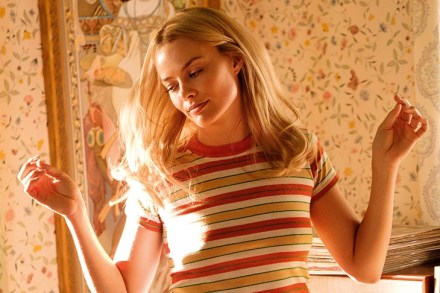Detailed and devastating: Marriage Story reviewed
Noah Baumbach’s Marriage Story is a drama about the breakdown of a marriage and it is, at times, devastatingly painful. ‘Divorce,’ says a lawyer at one point, ‘is like a death without a body.’ It’s certainly not the most fun you’ll ever have at the cinema — although it is witty and there are some brilliantly comic lines — but you will see something riveting, detailed, authentic and excellent. Plus it also marks the return of Scarlett Johansson as an interesting actress — remember Lost in Translation? — rather than the one who hangs out with Iron Man and Thor and just does sexy kicks. I’d even forgotten she could

